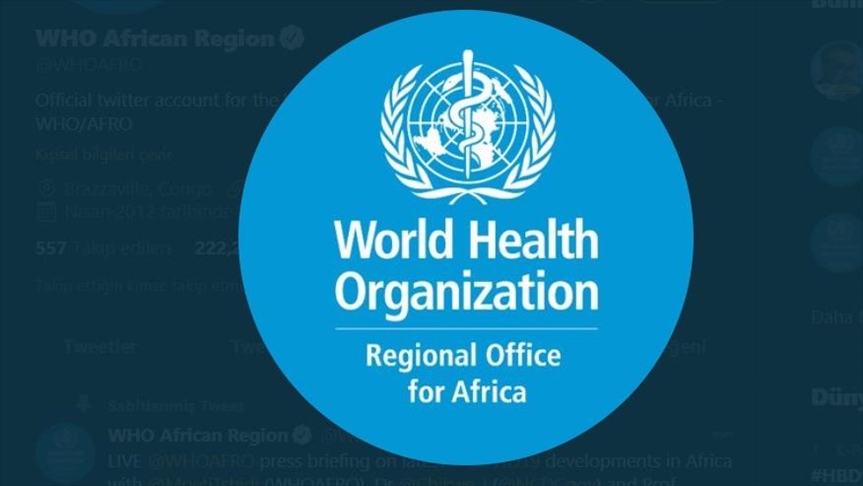By Asmau Ahmad
The COVID-19 pandemic, health emergencies, and worsening climate situations negatively impact the continent’s efforts to accelerate progress toward achieving Universal Health Coverage.
About 672 million Africans, representing 48 per cent of the continent’s population, still lack access to the quality health care they need, WHO Regional Director for Africa, Matshidiso Moeti, has said.
Ms Moeti, in a statement to commemorate the 2023 World Health Day (WHD), said this is due to weak health systems characterised by inadequate health infrastructure; poorly designed policies to limit financial barriers to health services.
She also identified the shortage of qualified health workers; inadequate access to quality medicines, medical products, and innovative technologies as part of the causes of the health crisis on the continent.
She said the COVID-19 pandemic, health emergencies, and worsening climate situations negatively impact the continent’s efforts to accelerate progress toward achieving Universal Health Coverage (UHC).
“Health emergencies, many of which are driven by climate change, often disrupt access to safe water and sanitation services, increasing the risk of waterborne and vector-borne diseases,” she said.
The official, however, said strengthening health systems based on strong Primary Health Care (PHC) is crucial to building back better and accelerating progress towards UHC and health security.
She also noted that financial investment in PHC oriented by the building blocks of health systems, particularly a health workforce, health infrastructure, medicines, and health technologies, should be supported and guided by evidence.
“Ensuring additional investment to improve financial risk protection, addressing inequities, and building the resilience of national health systems in the post-COVID era is critical to our efforts to accelerate progress towards UHC in the African Region,” she said.
World Health Day is marked on 7 April annually to draw attention to specific health topics of concern globally.
Ms Moeti said the day serves as a reminder to all to work towards achieving UHC by 2030.
She said UHC represents the aspiration that quality health services should be received by everyone when and where needed, without incurring financial hardships.
“Beyond health and wellbeing, UHC also contributes to social inclusion, gender equality, poverty eradication, economic growth, and human dignity.”
She said although most member states in the African region have integrated the attainment of UHC as a central goal of their national health strategies, progress remains varied in translating this progress into equitable and quality services as well as increasing financial protection for the population.
WHO at 75
Ms Moeti said WHO was founded 75 years ago with an ambitious objective, “the attainment of all peoples of the highest possible level of health.”
She said the agency’s constitution reinforces that objective: “The health of all peoples is fundamental to the attainment of peace and security and is dependent upon the fullest cooperation of individuals and states.”
“Important achievements have been realised towards the aspirations of the leaders who founded WHO. Smallpox, which claimed an estimated 300 million lives in the 20th century alone, has been eradicated. Since 1974, millions of children have received life-saving vaccines and other child survival interventions,” she said.
“In 2020, the WHO Africa Region received certification for eradicating wild polioviruses.
“Scaling up essential health services and coverage with key interventions has yielded results. Between 2011 and 2021, new HIV infections in the WHO African Region were reduced by 44 per cent and AIDS-related deaths by 55 per cent. TB deaths in the region fell by 26 per cent between 2015 and 2021.”
She expressed appreciation to governments, development partners, civil society, academia, the private sector, and communities for their commitment and contribution to achieving our collective effort of health for all.
“I am proud to have worked alongside all of you these past years. I look forward to a renewed collaboration and determination to make even more progress in the years to come,” she said.


